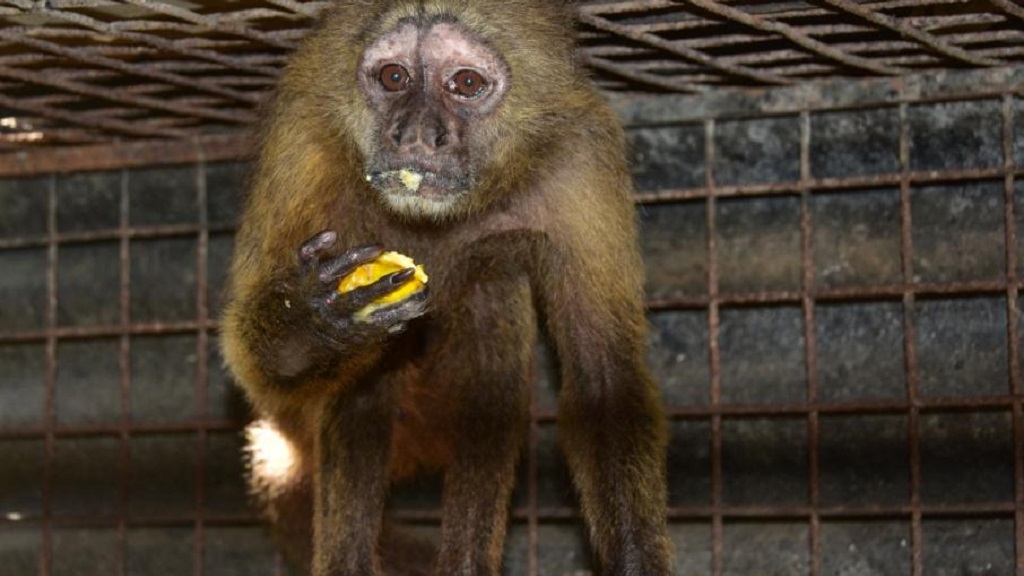 |
| Capuchin monkey |
On the island nation of Trinidad and Tobago, a conservation NGO known as El Socorro Center for Wildlife Conservation put light on the illegal wildlife trade saying it must be dealt with insistently. Its director and founder, Ricardo Meade, said in a statement that the issue is worsened by the Caribbean country's penetrable borders. He added that monkeys, which are not native to Trinidad and Tobago, are the most widely trafficked animals. They are smuggled into the country from Venezuela and Guyana. Many lose their mothers to hunters and exhibit aggressive behavior in reaction to such a traumatic experience. In addition, they are also carriers of diseases such as malaria and tuberculosis which Mr. Meade pointed out as a warning about letting monkeys loose in areas like Chaguaramas. He further added that many of the monkeys that have already been released have become a big problem to the country's ecosystems. Mr. Meade also pointed out that birds are also victims of the illegal wildlife trade and their plight is ignored by authorities. This, he warned, could lead to a destruction of Trinidad's bird population, including poultry, especially if a viral infection takes place. He blasted the careless approach from authorities who do not implement laws and called on the Ministry of National Security to focus on the illegal wildlife trade. He believes that education is required to prevent instances on the issue. In order to do so, he recommended utilizing marketing methods to involve young people and demand action.
 |
| Blue-and-yellow macaw |
I would strongly suggest taking Mr. Meade's demands and recommendations for combating the illegal wildlife trade into serious considerations. It is equally disheartening that animals like monkeys, which are not native to Trinidad and Tobago, are traumatized by the loss of their parents and venting their aggression on their so-called owners. It is also frustrating that authorities such as the police and the coast guard have a careless approach towards the issue and what problems it presents to both people and wildlife. It is highly crucial to conduct necessary measurements to educate the public about the dangers of the illegal wildlife trade, in order to involve them in the fight to call for an end to such a sadistic practice. I would also urge the authorities to refrain from having a lenient attitude towards this lucrative, yet unethical issue and take strong measurements to combat it.
No comments:
Post a Comment